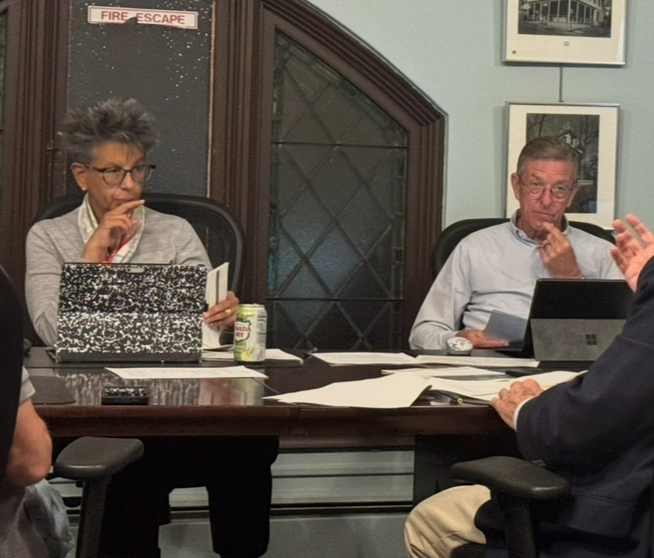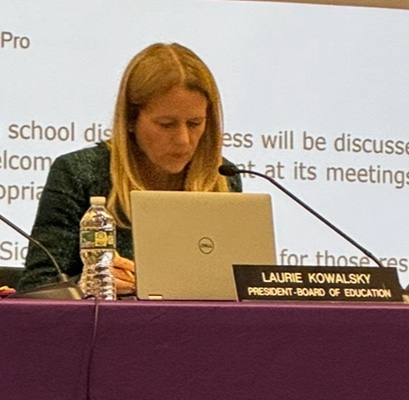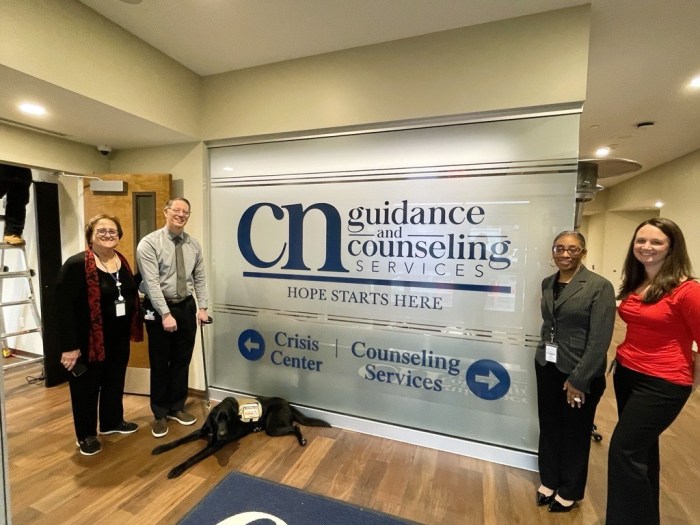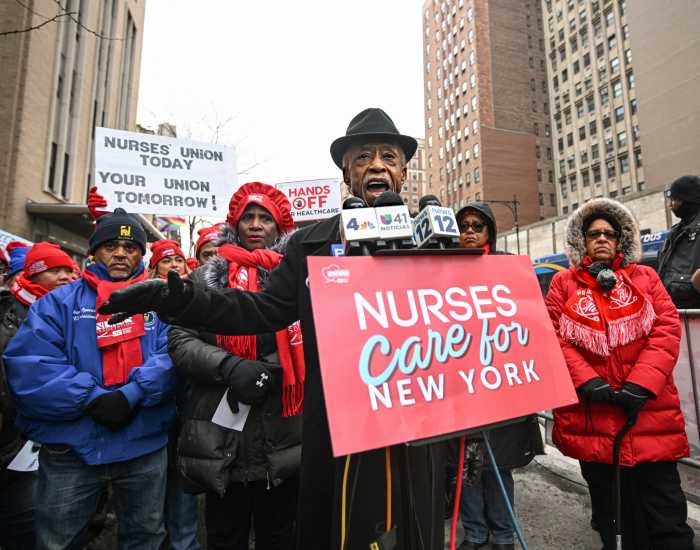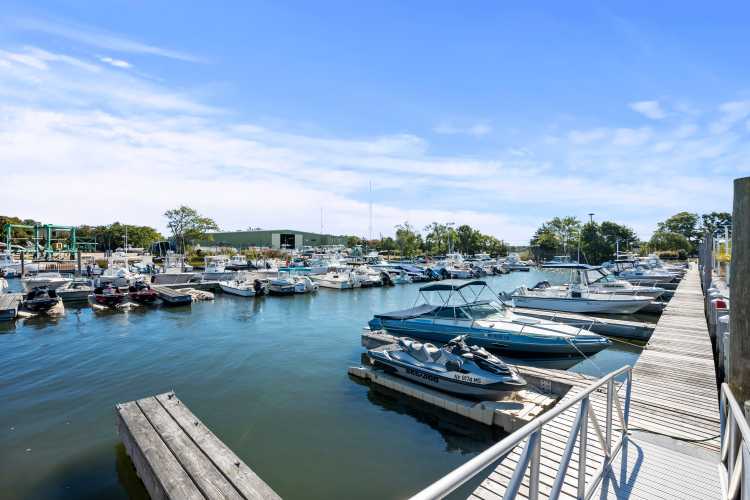The Sea Cliff Board of Trustees unanimously extended the village’s Battery Energy Storage System moratorium until Jan. 15 at its Monday, Oct. 6, meeting. The board also began discussions on a new moratorium on multi-family dwelling applications in the village.
The village’s BESS moratorium was initially imposed on July 15, 2024, for 12 months. The resolution allowed the board to extend the moratorium for “not more than two periods of three months each” thereafter. Surrounding municipalities, including the City of Glen Cove and Town of Oyster Bay, have implemented similar bans on the battery systems.
Mayor Elena Villafane said the motion to extend the moratorium at Monday’s meeting was the last of the allowed extensions, and the board has received little guidance from the state regarding what will happen when it expires.
“I think we have to tackle this ourselves. So I think we should extend the moratorium and figure it out,” she said.
Villafane said the moratorium concerns both residential and commercial BESS systems and the village should “differentiate” between the two usages in future legislation. She said some residents are “getting ready” to apply for Tesla charger ports.
She said she is concerned about BESS fires, which are difficult to extinguish and can release toxic gases. She said the fire department has “zero capacity” to extinguish them.
The board unanimously approved the final BESS moratorium extension.
That was not the only moratorium the board considered, however. Trustees discussed a year-long moratorium on multi-family dwelling applications to mitigate stress on the village’s building department.
Villafane said some see the “aspirational language” in the village’s comprehensive zoning plan and “think that that’s an open license to make an application for a multi-family dwelling.
“We’re in the middle of a zoning code overhaul… Why not just give us a chance to breathe? It’s killing the building department… It’s upsetting the community,” she said.
The village is revamping its zoning code, and Villafane said there have been multiple use-variance applications that the building department cannot consider. She said each new application submitted creates tension in the community.
“It’s a huge amount of disruption for no practical gain,” she said.
Villafane said the moratorium would last 12 months and could be extended for one 6-month period once it expires. She said it could “hold the line and stop the onslaught to the building department and our residents.”
The board did not take action on the moratorium, and Villafane said discussions on it would continue.




